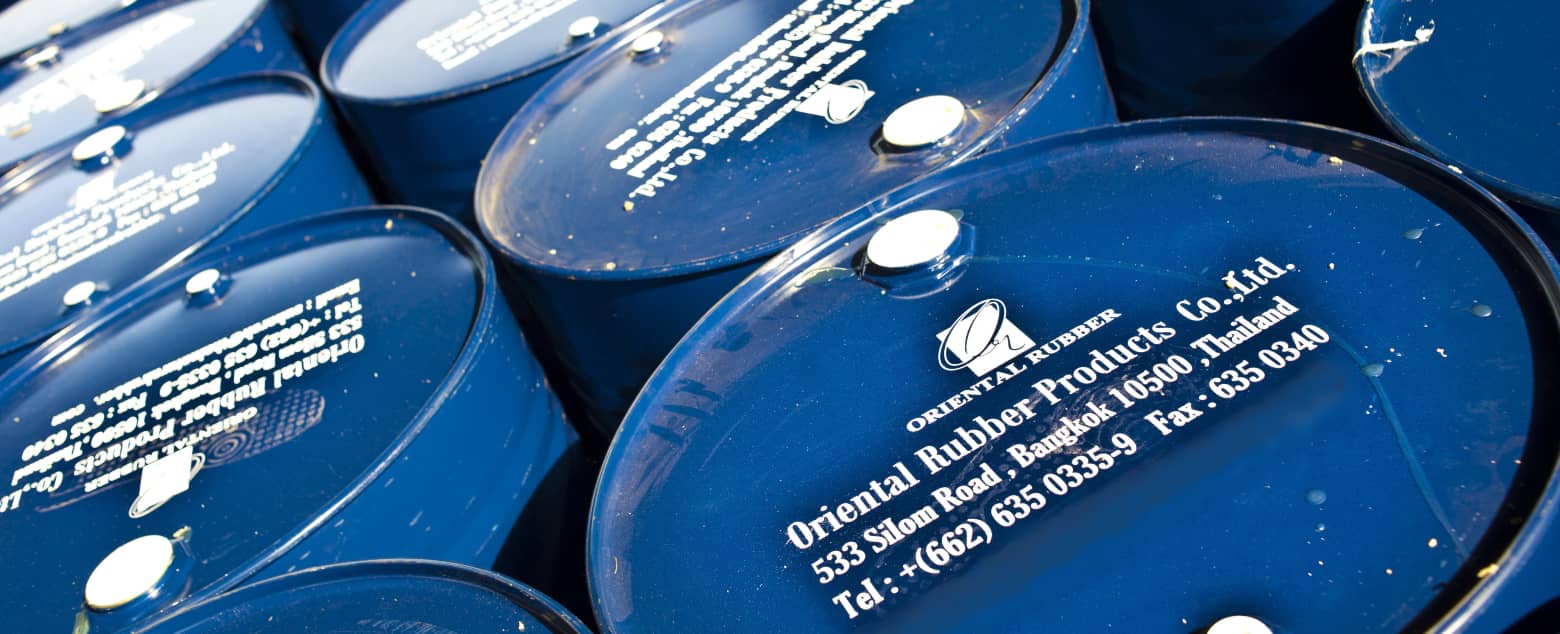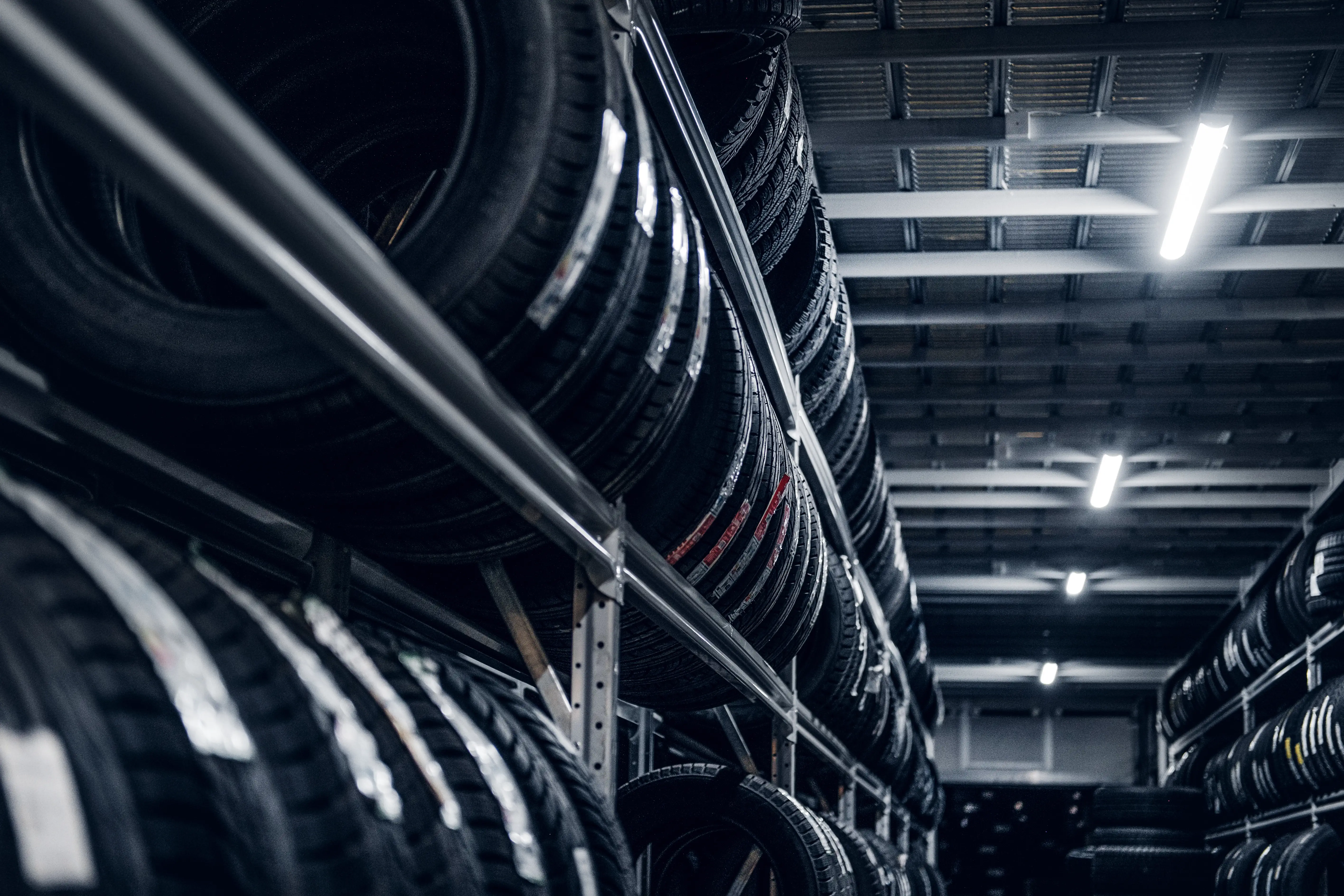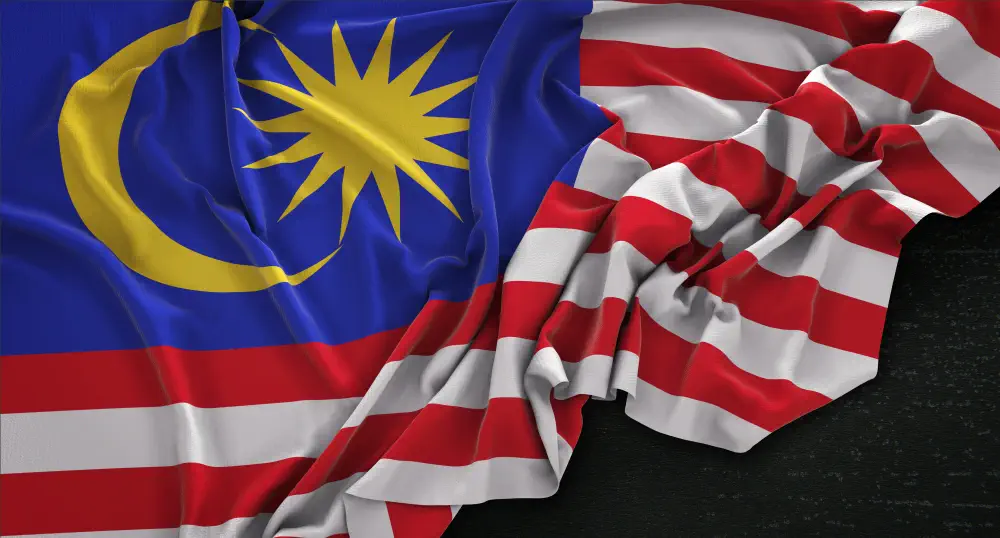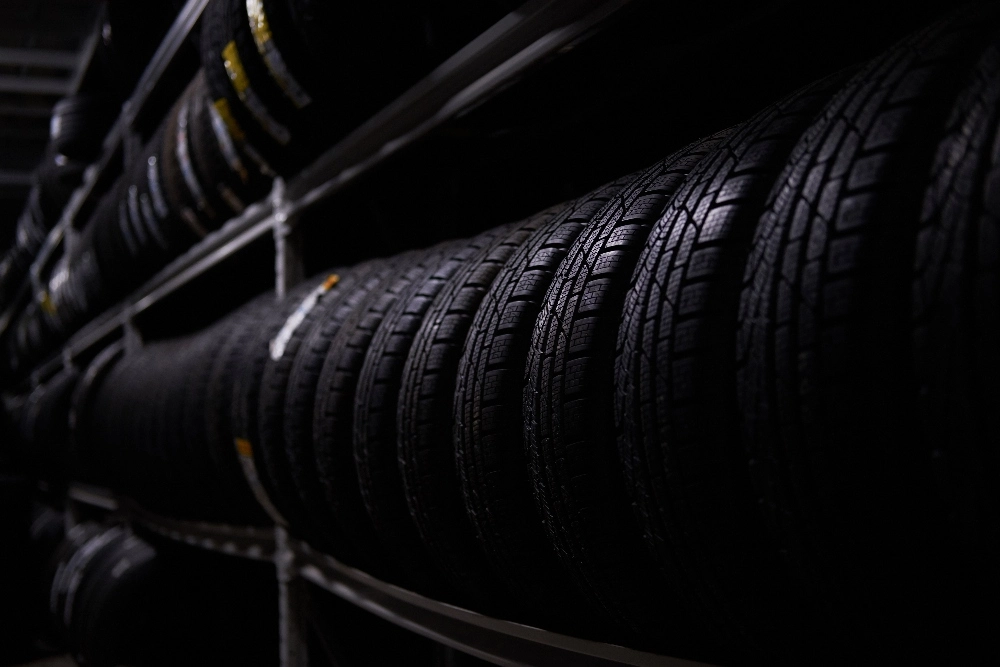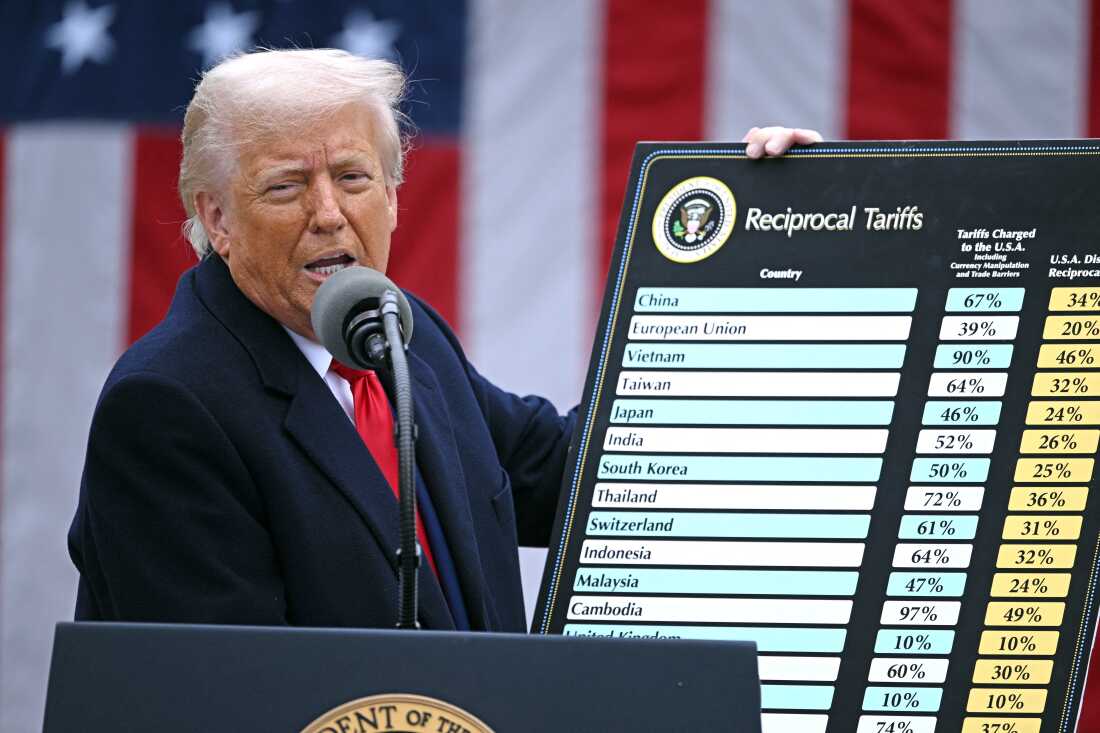
Trump's Tariffs: Ripple Effects on Rubber Markets and Auto Industry
President Trump has fulfilled his campaign promise by introducing a new tariff structure that combines a baseline 10% duty on a wide range of imported goods with country-specific reciprocal tariffs set to take effect on April 9. These country-specific duties are designed to address both direct tariffs and non-tariff barriers, with rates significantly higher than the 10% baseline in many cases.
For the automotive sector, the administration confirmed on April 2 that reciprocal tariffs would not apply to auto and auto parts imports. However, these products remain subject to the previously established 25% auto tariffs. Executive Order 14257, published April 7, clarified that items listed in Annex II—including copper, pharmaceuticals, semiconductors, lumber, certain minerals, and energy products—would be exempt from the reciprocal duties.
Impact on Rubber Markets
While natural rubber products have been spared from the new reciprocal duties, industry analysts anticipate significant downstream effects as the 25% auto tariffs impact the tire manufacturing sector—a major consumer of rubber products.
Major rubber-producing nations including Thailand, Malaysia, Vietnam, and China may experience decreased demand as U.S. buyers seek to mitigate tariff-related costs. This could exert downward pressure on rubber prices and potentially trigger supply chain reorganization as companies explore alternative sourcing options.
Chinese tire manufacturers, potentially among those most affected by the tariffs, may pivot toward enhancing domestic sales or focusing on regional markets to offset reduced U.S. market share. Government stimulus measures aimed at boosting internal consumption may be implemented to stabilize the sector.
Tariff Application on Tires
The Executive Order specifically includes several tire-related Harmonized Tariff Schedule codes in Annex I, confirming they fall under the 25% auto tariff:
- 4011.10.10: Pneumatic radial tires made of rubber
- 4012.19.40: Retreaded pneumatic radial tires
- 4013.10.0010: Inner tubes for motor cars
- 4011.10.50: New pneumatic tires for motor cars
- 4012.19.80: Other retreaded pneumatic tires
- 4013.10.0020: Inner tubes for trucks and buses
- 8708.70: Road wheels and related parts
One notable exception exists for automobile parts that qualify for preferential treatment under the United States-Mexico-Canada Agreement (USMCA), though this applies only to the U.S. content portion of such parts. The proclamation establishes a 90-day timeline for the Secretary to develop a process for including additional automobile parts within the tariff scope.
Domestic Industry Response
The U.S. auto sector has shown mixed reactions to the tariffs. With approximately half of the 16 million vehicles sold in the U.S. in 2024 being imports, and many domestically assembled vehicles containing significant foreign parts, the impact is expected to be widespread.
White House trade adviser Peter Navarro emphasized the administration's goal of increasing American content in vehicles: "Less than 25% of the cars sold in America contain U.S. content on average. That stops right now with the Trump auto tariffs."
Mexico currently exports approximately 2.5 million vehicles to the U.S. annually, Canada contributes 1.1 million, and countries like Germany, South Korea, and Japan account for another 3.7 million. Under the new tariff structure, a $40,000 imported vehicle would face a $10,000 tariff—significantly increasing costs for consumers.
Corporate and Labor Perspectives
Ford CEO Jim Farley has been openly critical of the tariffs, warning they could "blow a hole" in the U.S. auto industry by increasing production costs and potentially leading to job losses. Ford is reportedly looking to build inventory before suppliers feel the full impact of the tariffs.
In a dramatic move, Stellantis—producer of brands including Chrysler, Jeep, Citroen, Fiat, and Peugeot—halted production in its Canada and Mexico facilities on April 4, becoming the first U.S. automaker to take such significant action in response to the tariffs.
Meanwhile, United Auto Workers (UAW) president Shawn Fain has expressed support for the tariffs, suggesting they could revitalize American manufacturing jobs by utilizing excess capacity in U.S. plants. However, Fain emphasized the importance of ensuring any new jobs include union opportunities, noting that companies like Tesla don't offer union representation.
Source: Analysis based on original reporting by Vinod Nedumudy for Helix Tap (vinod@helixtap.com).
